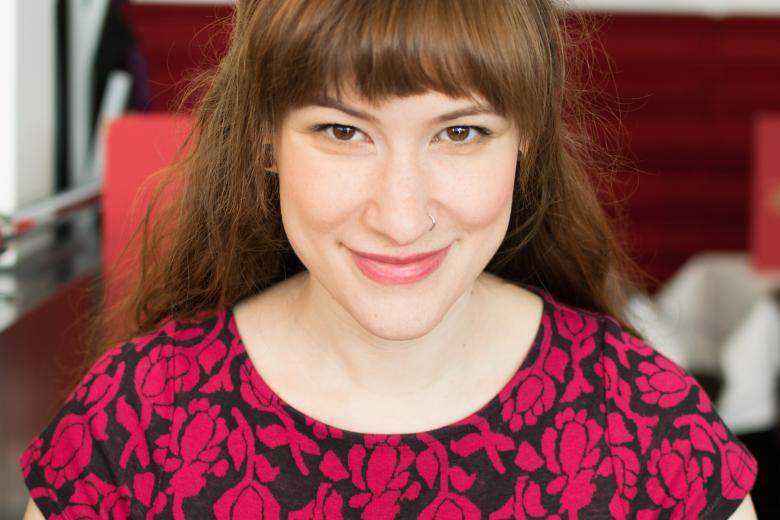Islamic feminist in Maastricht academia
At Maastricht University assistant professor Lana Sirri critically examines feminism at the intersection of gender and religion, including aspects such as race, sexuality and ethnicity.

At Maastricht University assistant professor Lana Sirri critically examines feminism at the intersection of gender and religion, including aspects such as race, sexuality and ethnicity.

On March 8th 2017, students from the Master programmes Healthcare Policy, Innovation and Management and Governance and Leadership in European Public Health had the opportunity to take part in a one-day Career Event.
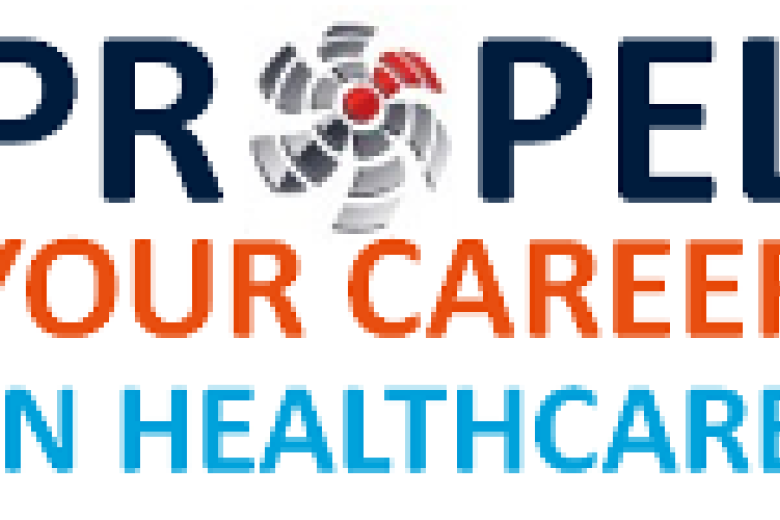
On 17 January 2017 prof. dr. Anouk Bollen-Vandenboorn, Professor of Cross Border Pension Tax Law at Maastricht University and Director of ITEM (Institute for Transnational and Euregional Cross Border Cooperation and Mobility) was interviewed by economic journalist drs. Freek Andriesse. The interview...
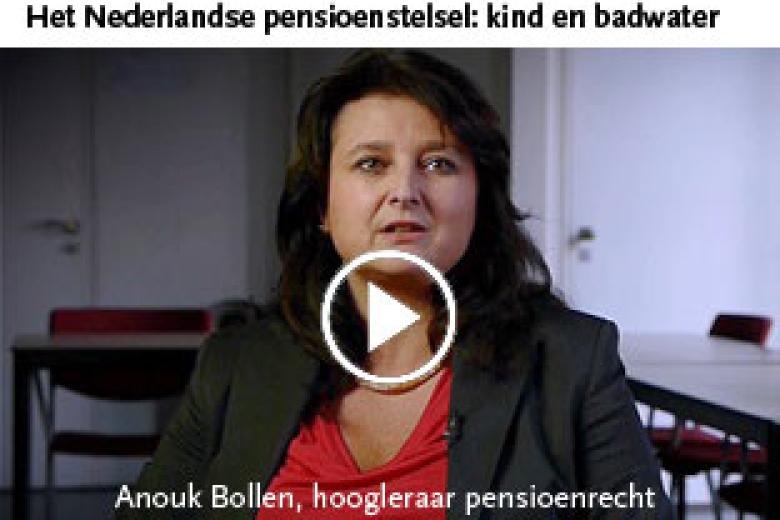
On Monday 6 March, FHML researcher Anique de Bruin received a Comenius Teaching Fellow Grant from Dutch Minister of Education Jet Bussemaker.

After several pilots, UM is ready to roll out university-wide waste separation this year.
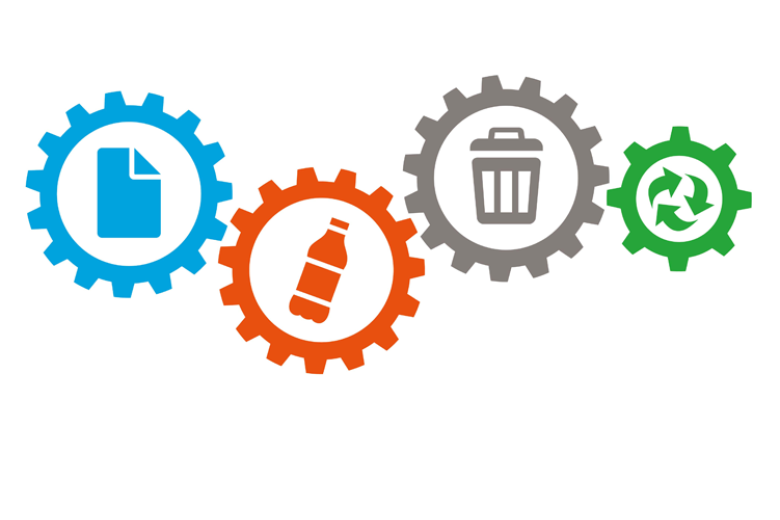
New publication, edited by Bruno de Witte, Andrea Ott and Ellen Vos
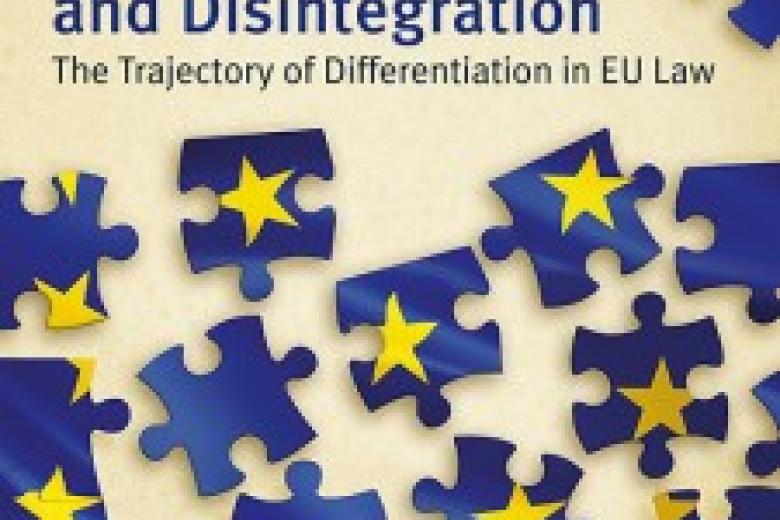
European Vascular Course: international conference for vascular surgeons (MUMC+ news).
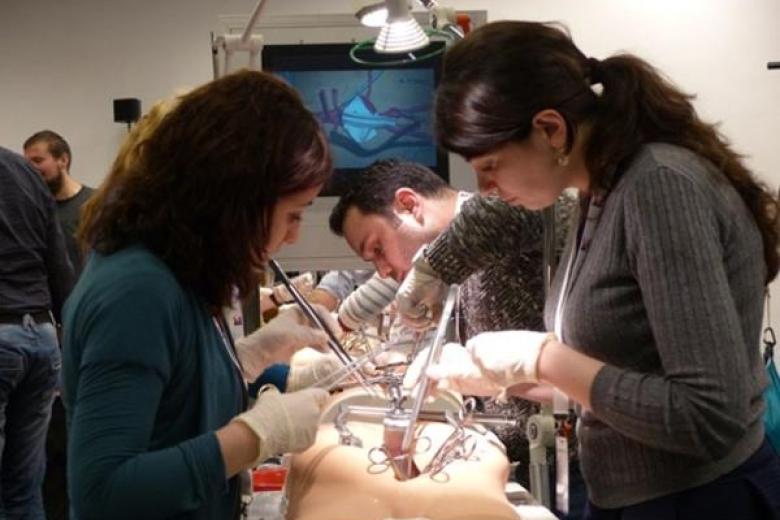
During the Dies, the winners of the thesis prizes were announced. The thesis prizes are awarded to master’s students who have written an outstanding master’s thesis. Alumnus Matthijs Korrevaar was among the winners. He investigated how rents in several European cities have developed over the last...
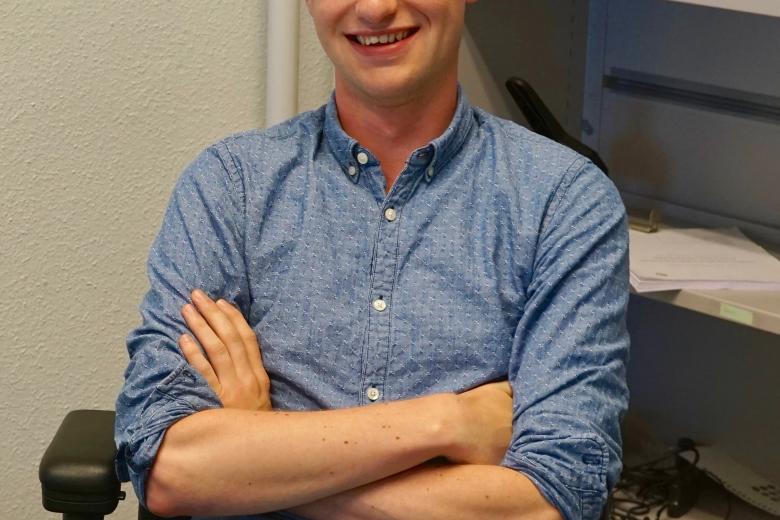
On 7 December 2016 the UWV and Expertisecentrum Inclusieve Arbeidsorganisatie (CIAO) signed a cooperation agreement for the duration of 4 years. The CIAO is housed at Universiteitssingel 40, Maastricht University.
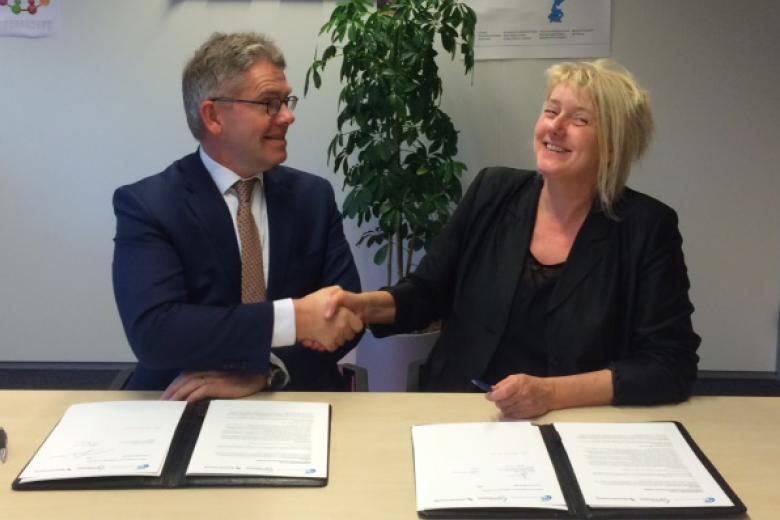
In January Dr. Jessica Alleva, from the Department of Clinical Psychological Science at the Faculty of Psychology and Neuroscience, was honoured twice for her work on improving body image. She received the 2016 Seymour Fisher Outstanding Body Image Dissertation Award and the Distinguished Women...
